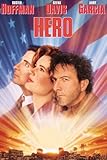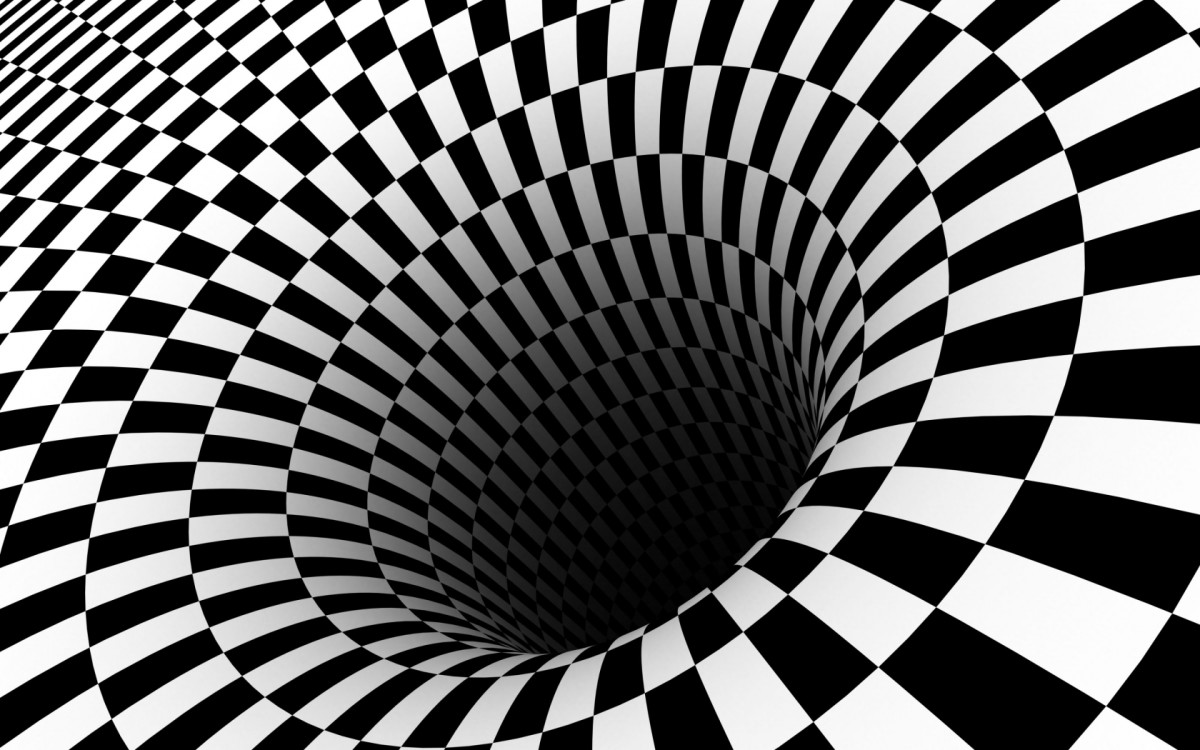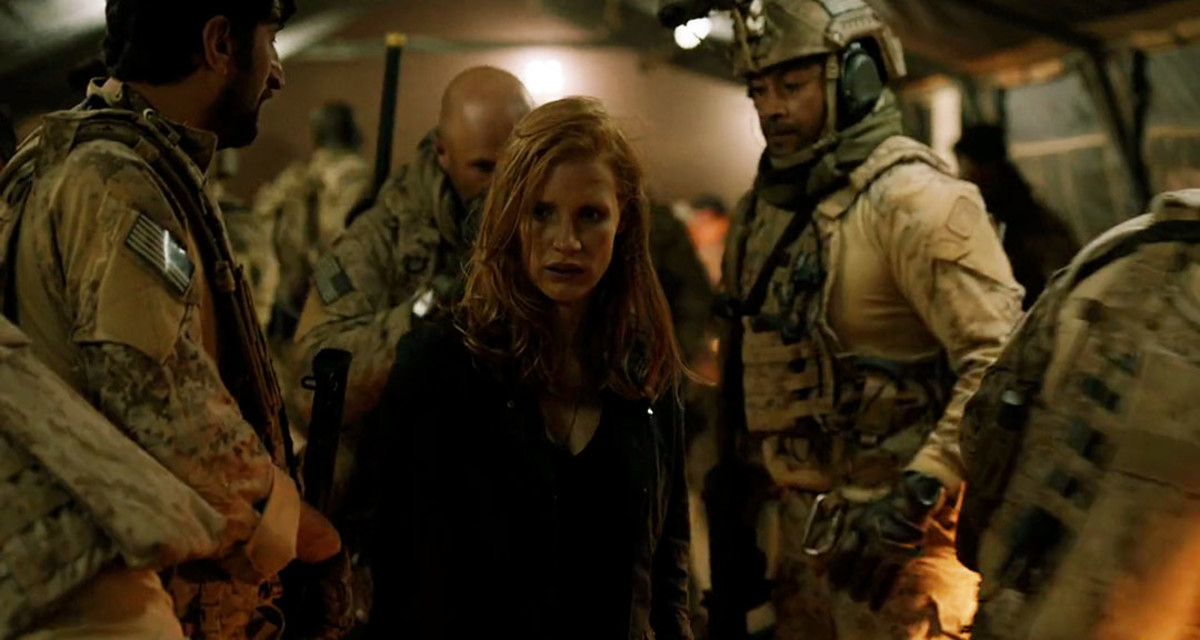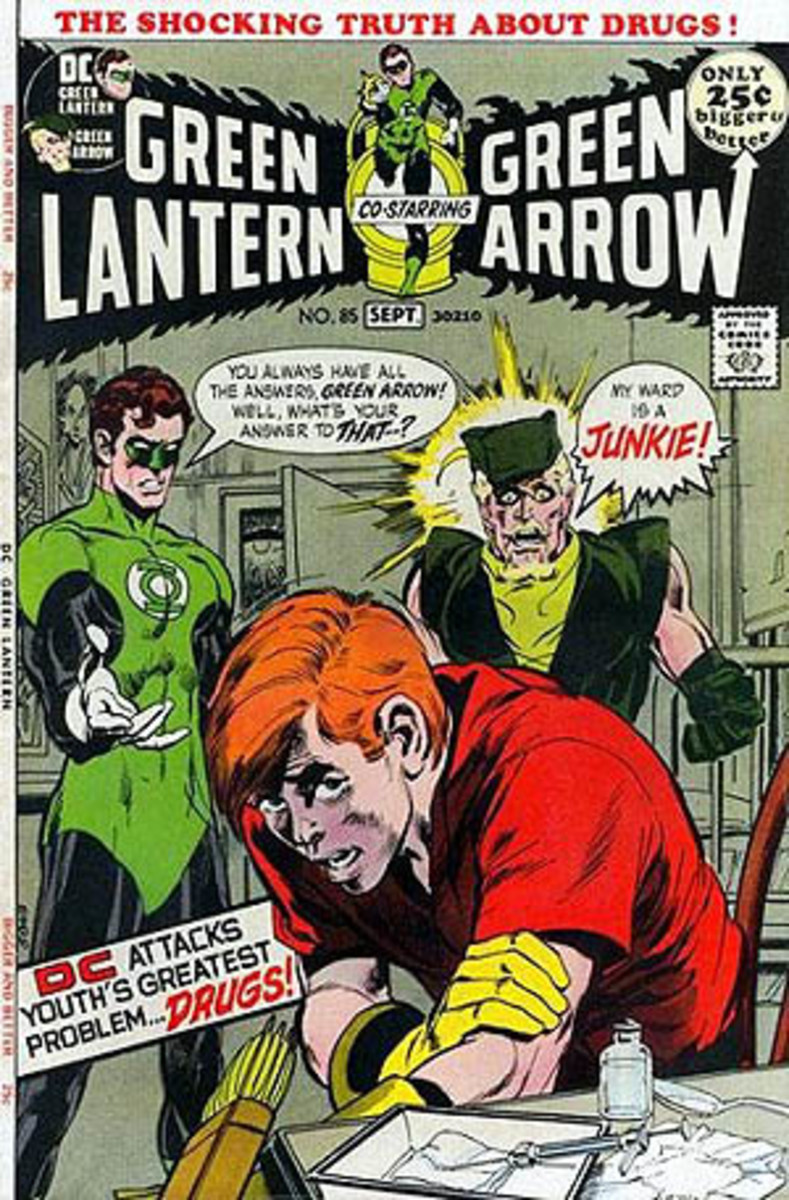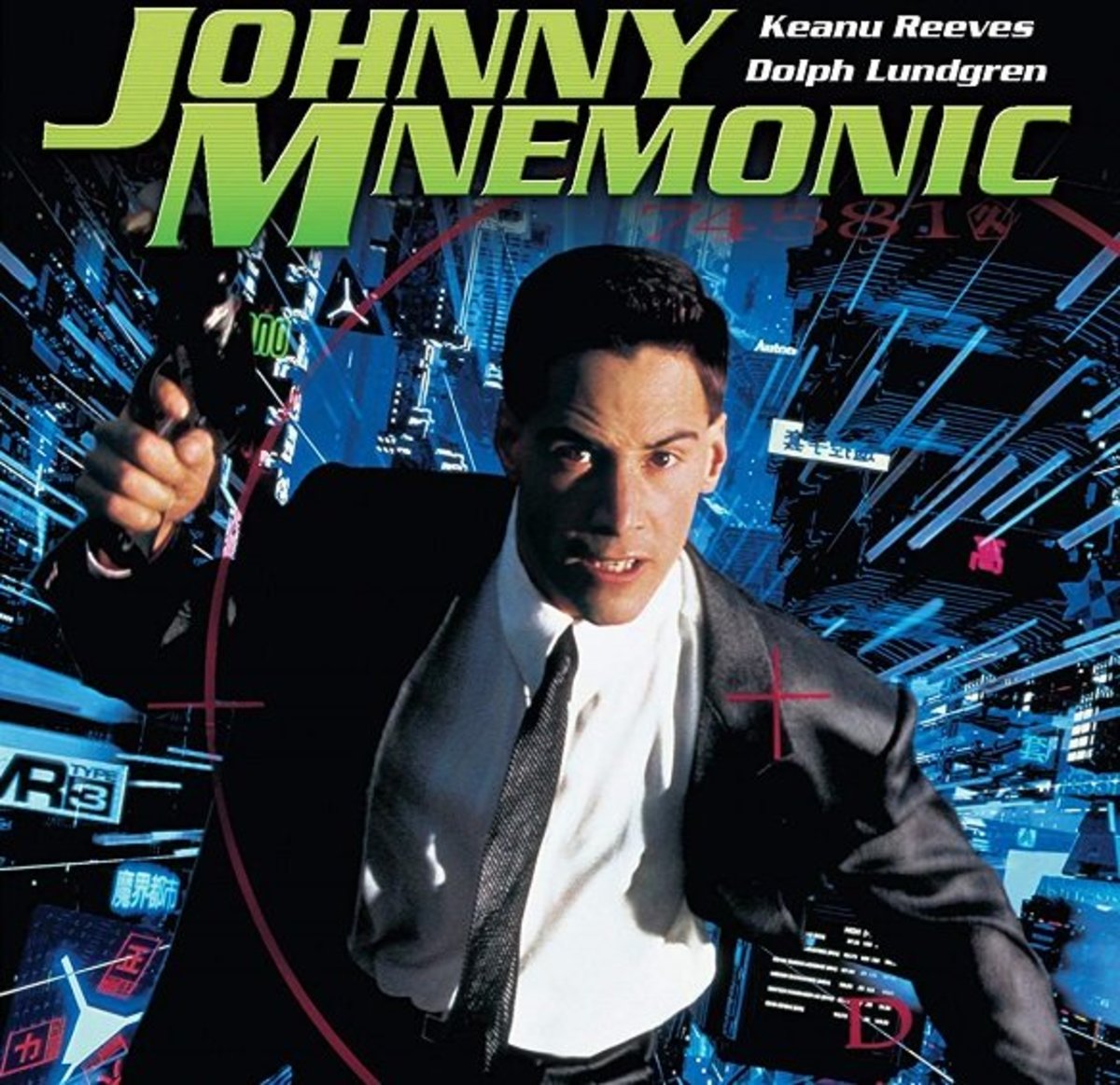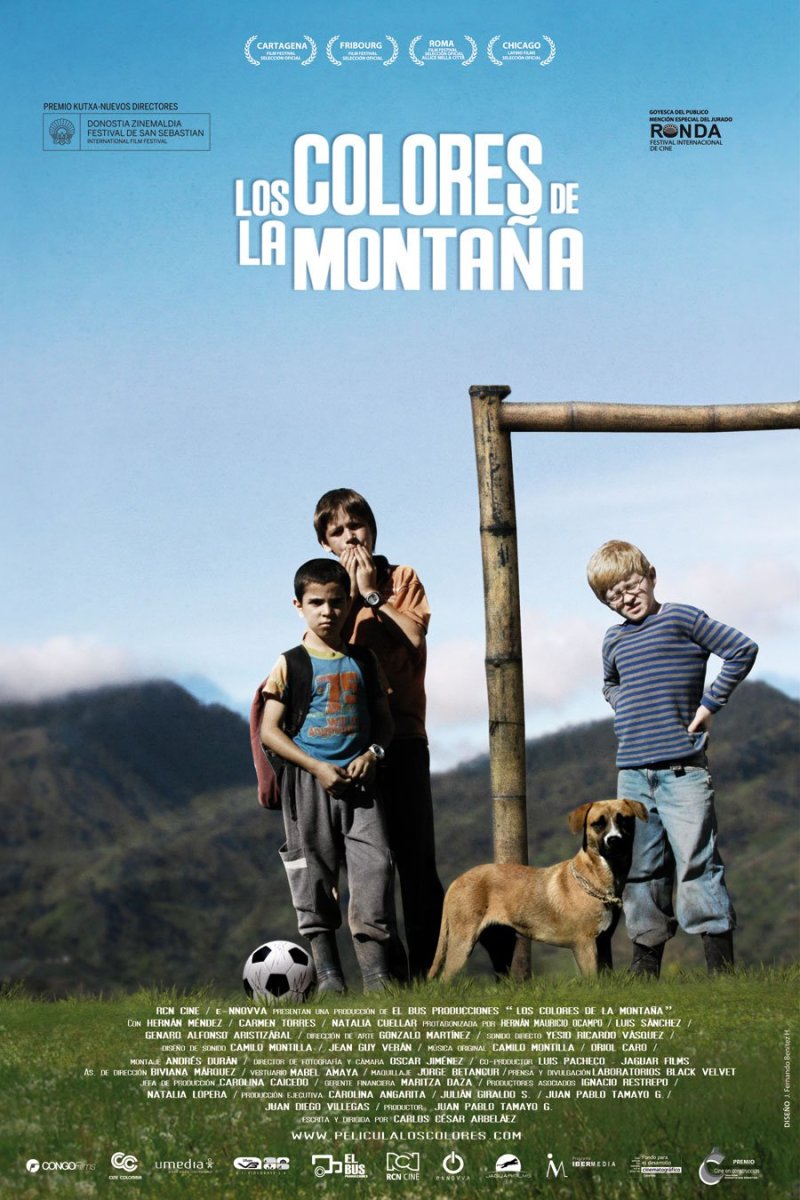We Need Catastrophe: Human Motivation and Heroes
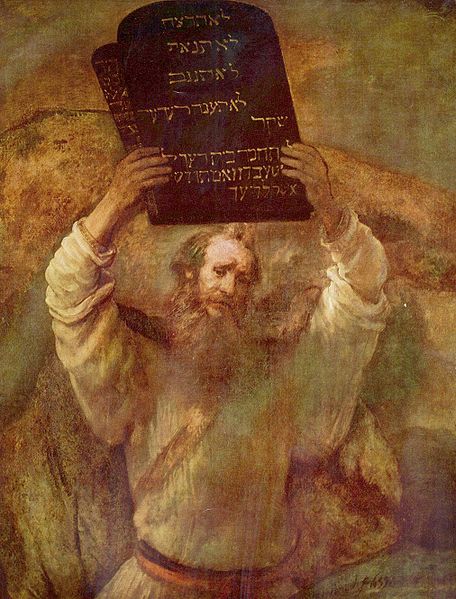
A Social Commentary
Ever watch a movie which contains no conflict? Likely you haven't, simply because conflict is the juice which drives a story forward. Remove conflict from a movie and the flick is guaranteed to be a flop at the box office.
Imagine The Ten Commandments where everyone agrees and everyone does the right thing. The pharaoh lets the Hebrews go without resistance. There is no need for the ten plagues, and no need for the parting of the sea. The people naturally worship God and not Baal and do not need to spend forty years in the wilderness. Simple but boring.
Imagine Rocky without the fight. Imagine Patton without the war. Imagine The Godfather without crime and betrayal. All that blandness wouldn't be worth watching.
Why does violence, tragedy and conflict attract us so? Why does a movie like 2012 or The Day The Earth Stood Still keep us riveted to the story?
One aspect, certainly is that we crave change. We crave something new and startling. And movies are safe. The building of an intergalactic expressway can result in the annihilation of Earth, and afterward we can all go home for dinner. But is there something more to this? Is there a deeper force at work?
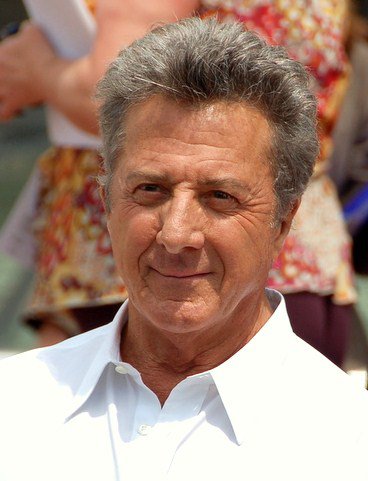
We crave heroes, because of something they reflect inside all of us. Dustin Hoffman, Geena Davis and Andy Garcia showed us this in the movie, Hero. We all crave that better side of us — that nobler and more generous self, though we may not be able to bring ourselves to portray those traits.
There is a certain inertia to our own personalities. Sometimes it takes a figurative bomb going off in our lives for us to change direction. And yet, we still admire those traits when we see them in others.
There are many movies which capitalize on the theme that humans can be at their best during a crisis — that the potential for social evolution is greatest at the edge of the precipice. One film which makes use of this idea is the remake of The Day The Earth Stood Still with Keanu Reeves and Jennifer Connelly. Unlike the original (which is also a must-see movie), the remake has a decidedly dark storyline.
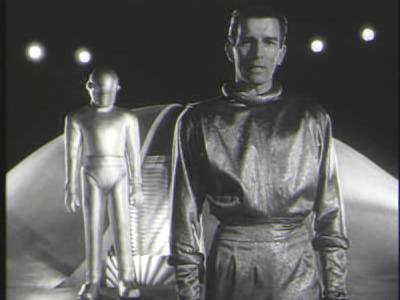
Please note, the following is a bit of a plot spoiler, so if it bothers you to read such things before you see the movie, just bookmark this and come back afterwards.
The alien (Keanu Reeves) has come to save Earth from humans, because humanity has brought this precious sphere of life to the brink of disaster. The alien and his folk have come to protect all other species from humans. Like so many other disaster movies, there is an allusion to Noah's ark, and saving what is best of this world. But this time humans miss out. So, it's adios Smiths, Joneses, Yevtushenkos, and Changs. The elder scientist in the film begs the alien to give humanity another chance. And he asks how the alien and his kin had made it. The alien confesses that his civilization had faced a crisis — one where its sun had become deadly — and how they had needed to evolve or risk their own annihilation.

We Need Catastrophe
This does not mean we need to be masochists. Sometimes, we need a swift kick in the pants to get us to change — to let go of our childish ways. Karma is like that. Some people are exceedingly unlucky, but there is a reason behind it.
If we can believe the philosopher of 2000 years ago, those unlucky people are dying by the sword by which they had lived in a prior life. Karma is payback time. But don't think of it as punishment. It is an opportunity. An opportunity for what, you may ask? It is an opportunity to awaken our better halves — and I'm not talking about our spouses. I'm talking about our spiritual halves.
Deep down inside, we know that we need to be the hero. We know we need to suffer and be grateful for the karma — not to actively seek it — but not to resent it when it comes. We need to sacrifice the selfish side of us so that the nobler side may rise anew.
We know what this feels like when we watch a really good movie with a good guy who wins in the end. Or, if we prefer a more poignant touch, we know what this feels like when tragedy strikes despite best efforts to avoid it, and when the hero dies in the end. Good movies work because they make this visceral connection to that powerful part of us, deep inside.
Current Crisis
Earth is nearing a very real precipice. Every aspect of our lives is becoming more volatile and fluid. Financial crisis ebbs and flows, and war spills off the edges of the battlefield into mundane realms through terrorism. New biological threats are made even more dangerous by the ease with which they may spread to all corners of the world.
Recently, two friends on opposite sides of an argument paired off in a Hubster duel over Darwin and Evolution. It wasn't a pretty sight, but there was lot of excitement and activity amidst the accusations.
Words of calm and wisdom fall on deaf ears when two sides of a debate are so polarized they can only see their own egos. I'm right and you're wrong. Logic doesn't matter. Debating skills only infuriate those who disagree. They do not want to be "converted." Anyone who tries is seen as the enemy. Perhaps the polarization needs to find its critical mass. Perhaps we need the conflict to reach ignition followed by the cleansing of some holy fire. It is sad that some require this, but when things are at their most chaotic, some are able to rise above their egos and the conflict. And perhaps that rebirth is the true purpose of our need for conflict. In that rebirth, we join again our heavenly Father who has waited patiently for us to make this critical decision.

